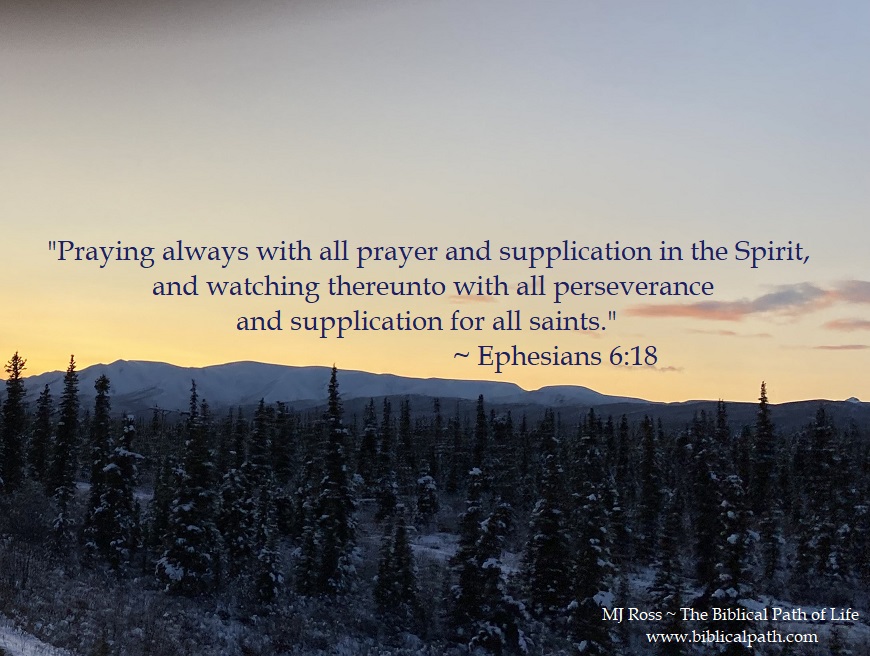
Key Verse
Fight the good fight of faith, lay hold on eternal life, whereunto thou art also called, and hast professed a good profession before many witnesses.
—1 Timothy 6:12
Key Verse Thought: Read today’s Key Verse. Use the following definitions to understand this verse better:
- Fight means “the task of faith in persevering amid temptation and opposition.”
- Fight means“contest for victory or mastery; the evangelical contest against the enemies of man’s salvation.”
- Faith means “a technical term indicative of the means of appropriating what God in Christ has for man resulting in the transformation of man’s character and way of life; i.e.: namely, Christian faith; a firm and confiding belief in Jesus and His gospel.”
- Lay hold on means “to lay hold of in order to obtain and possess.”
- Called means “to call someone in order that he may come or go somewhere; here, of God calling one.”
- Professed means “to confess publicly; acknowledge openly; profess.”
Each person who is saved (been called by God) is to persevere (with a fight) in that Christian life – for that life has been transformed by a confidence and belief in Jesus and His Gospel. It takes much work.
Emphasis: We are to understand that all Christians, but especially the leaders, are to protect the integrity of God’s Word, never allowing false teaching. Each Christian is to learn how to function together as a Church, knowing their duty. But especially to learn how to fight the good fight of faith – live a strong Christian life before the world.
Lesson Summary: The next four letters Paul wrote we group together as “Four Letters of Instruction to Pastors.” The first two are letters to Timothy. He was led to the Lord by Paul, joined Paul on some of his missionary journeys, and was a very close friend of Paul’s. Within the book of 1 Timothy, we will read again that the Law was given to reveal sin to man, but that it is by God’s mercy that forgiveness is gained. In this letter, Paul wrote the responsibility of leading a church, describing the offices of pastor and deacon, as well as the duties of God’s people within the church. Throughout 1 Timothy, we will understand the importance of teaching the truths of God’s Word to others. An emphasis is placed upon the necessity of keeping the integrity of the Gospel message, not allowing false teachers to teach other doctrines, or twist the truths of God’s Word. Paul warned that some had already turned from God’s Word, and that some would depart from the faith, but he also taught them how to prepare for that time, and what must be done in order to keep the faith: teach the truths of God’s Word, faithfully, and to exercise unto godliness. Christians are to fight the good fight, learning how to live a right Christian life – for God gave each one the ability to do so.
Paul was an encouragement to young Christians who serve God through the church – then and today.
Y3Q4 – Lesson 1 Questions
Y3Q4 – Lesson 1 Children’s Worksheets
If you are teaching this to younger children, the following is a craft idea to help them remember this lesson:

We made cards for the Pastor of our church, remembering that he is “worthy of double-honor”.
The Biblical Path of Life – Year Three, Quarter Four is now available through Amazon.







